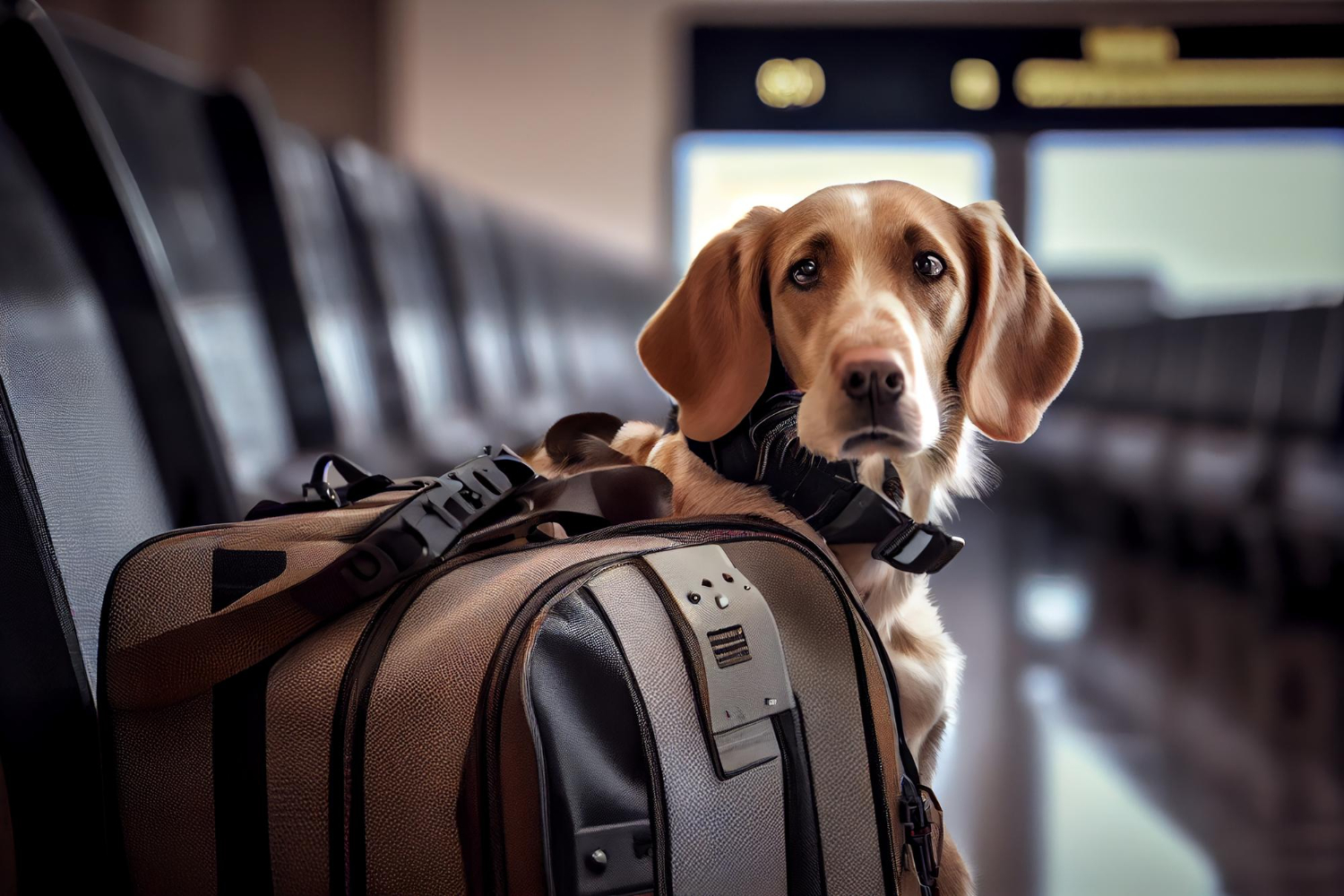Embarking on journeys with your furry companions can be a delightful experience, but it comes with responsibilities. Just as humans need vaccinations and health precautions before traveling, so do our pets. In this comprehensive guide, we will explore the essential vaccinations and health precautions necessary for ensuring your pet’s well-being during travel. Whether you’re planning a road trip or an international adventure, prioritizing pet care and pet travel preparations is key.
Understanding the Basics of Pet Care and Travel
Before delving into specific vaccinations and health precautions, it’s crucial to establish a foundation for responsible pet care during travel. The following fundamental tips set the stage for a safe and enjoyable journey for both you and your pet.
- Pre-Travel Veterinary Check-Up:
Before embarking on any trip, schedule a thorough veterinary check-up. This allows the veterinarian to assess your pet’s overall health, update vaccinations, and address any potential concerns. Discuss the upcoming travel plans, and seek advice on specific health precautions based on your destination. - Identification and Microchipping:
Ensure your pet has proper identification, including a collar with an ID tag and a readable microchip. Accidents happen, and these identifiers are crucial for reuniting with your pet if they get lost during the journey. - Comfortable Travel Arrangements:
Invest in comfortable and secure carriers or crates for your pet. Familiarize them with the carrier before the trip, making it a positive and stress-free space. Adequate ventilation and room for movement are essential for their well-being. - Pack Essentials:
Pack a pet travel kit, including their regular food, water, medication (if applicable), grooming supplies, and comfort items like blankets or toys. Having familiar items helps reduce anxiety during travel.
Essential Vaccinations for Pet Travel
Proper vaccinations are critical for preventing the spread of diseases and ensuring your pet’s immunity is up-to-date. The specific vaccinations required may vary based on the destination, so it’s essential to consult with your veterinarian and possibly a regulatory authority if traveling internationally.
- Rabies Vaccination:
Pet Care and Pet Travel Keyword Mention: 1
Rabies is a deadly disease that affects both animals and humans. Many countries require proof of rabies vaccination for entry. Ensure your pet’s rabies vaccination is up-to-date, and carry the certificate or documentation as required by the destination. - Core Vaccinations:
Core vaccinations, such as those for distemper, parvovirus, and adenovirus in dogs, and feline viral rhinotracheitis, calicivirus, and panleukopenia in cats, are crucial for preventing common and potentially severe diseases. Keep these vaccinations current based on your veterinarian’s recommendations. - Bordetella (Kennel Cough) Vaccination:
Kennel cough is highly contagious and often required for pets staying in boarding facilities or interacting with other animals. Even if not mandatory, it’s a good precautionary measure, especially for dogs socializing in parks or on group outings. - Leptospirosis Vaccination:
Leptospirosis is a bacterial disease that can affect both animals and humans. If your travels involve outdoor activities like camping or hiking, consider vaccinating your pet against leptospirosis, particularly if visiting regions where the disease is prevalent. - Canine Influenza (Dog Flu) Vaccination:
Just like humans, dogs can contract influenza. If your pet will be in contact with other dogs, especially in crowded places like dog parks or kennels, consider the canine influenza vaccine to minimize the risk of infection.
Health Precautions During Pet Travel
Beyond vaccinations, there are additional health precautions to observe to ensure a smooth and safe journey for your pet.
- Parasite Prevention:
Regularly administer flea, tick, and heartworm prevention medications, especially if traveling to areas with a higher prevalence of these parasites. Consult with your veterinarian to determine the most suitable preventive measures for your pet. - Water and Food Safety:
Pet Care and Pet Travel Keyword Mention: 2
Ensure access to clean and safe water during the journey. Bring sufficient amounts of your pet’s regular food to maintain their dietary routine, reducing the risk of digestive issues. - Climate Considerations:
Adapt to the climate of your destination. In hot weather, provide ample shade, avoid peak heat hours for travel, and never leave your pet unattended in a parked vehicle. In cold weather, ensure they have proper insulation and protection against low temperatures. - Rest Breaks and Exercise:
Plan regular breaks during long journeys to allow your pet to stretch, relieve themselves, and stay active. Physical activity helps reduce stress and prevents discomfort during extended periods of confinement. - Emergency Preparedness:
Pet Care and Pet Travel Keyword Mention: 3
Familiarize yourself with emergency veterinary services along your route and at your destination. Carry a pet first aid kit, including any necessary medications, and be prepared to address minor health issues promptly.
Prioritizing Pet Care and Pet Travel Preparations
Embarking on journeys with your pets can be a rewarding experience, strengthening the bond between you and your furry friend. However, ensuring their health and safety requires meticulous planning and adherence to essential health precautions. By staying informed about required vaccinations, maintaining regular veterinary check-ups, and following general guidelines for pet travel, you can create a positive and secure environment for your pet’s adventures. Remember, the key to successful pet travel lies in a thoughtful balance between preparation, precaution, and the shared joy of exploration.
Image by vecstock on Freepik

